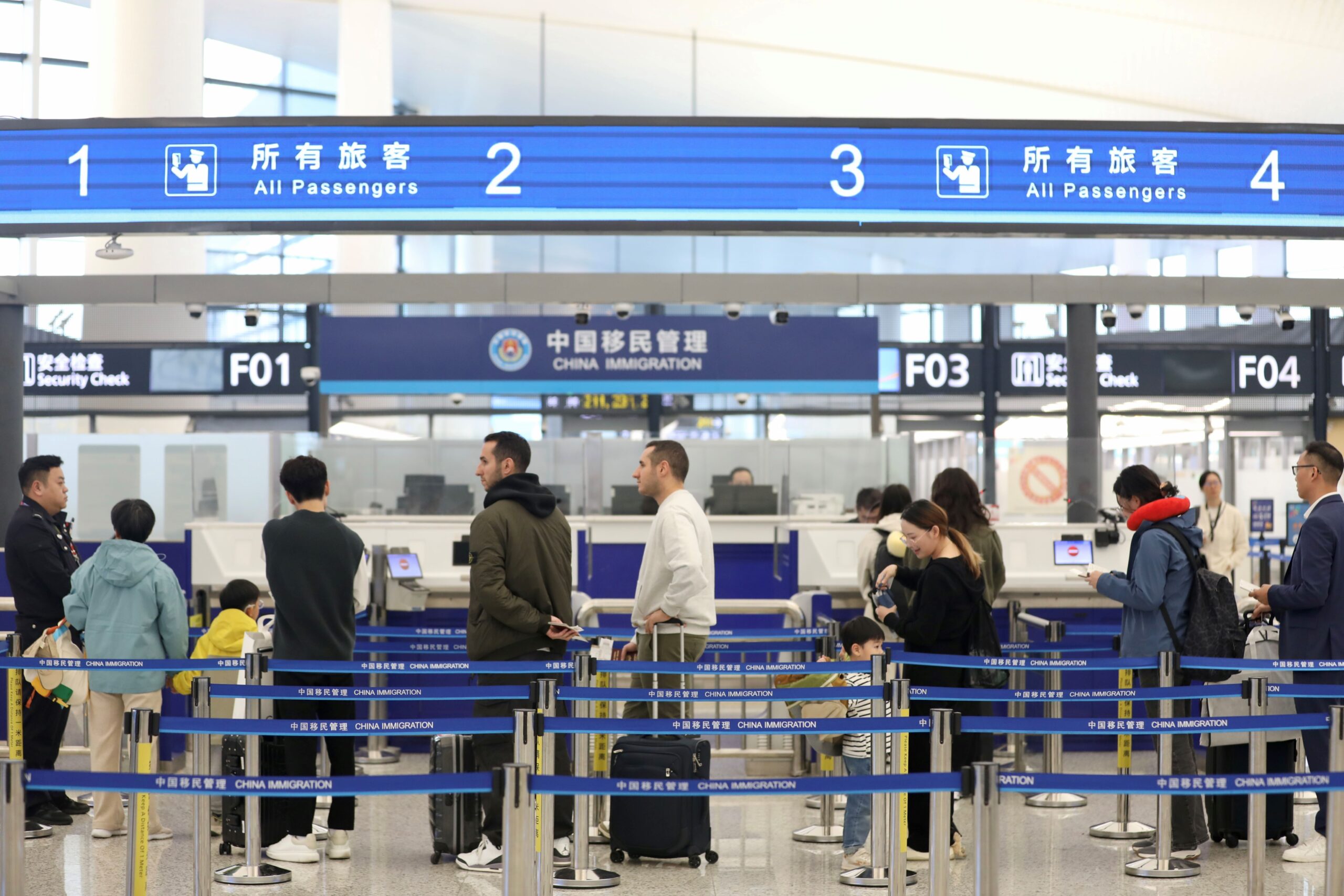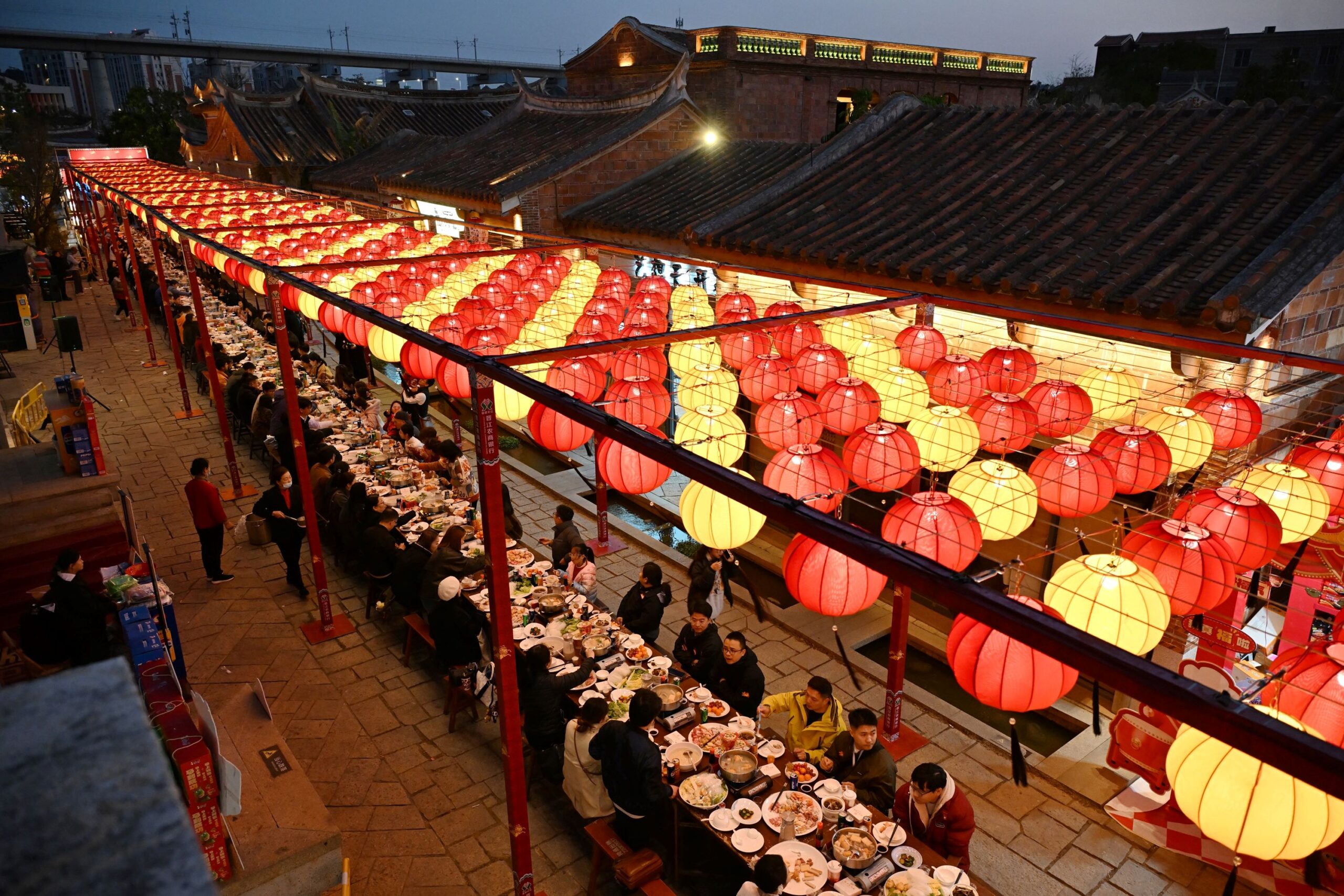China introduces new AI content labelling rules to prevent misinformation and boost transparency in AI-generated text, images, and video.
On September 1st, China implemented new regulations requiring all AI-generated content–such as text, images, audio, and video–to be clearly labelled. The law mandates both visible labels (e.g., watermarks) and hidden identifiers (e.g., metadata tags) to distinguish AI-created material from human-generated content. Platforms must also prevent the removal or alteration of these labels and block content that spreads misinformation or violates laws.
Major Chinese tech companies have swiftly complied. Douyin (TikTok’s Chinese counterpart) now requires creators to declare AI use in their posts. If they don’t, the platform uses detection tools to label the content. WeChat has introduced auto-labelling features and prohibits users from tampering with AI tags. Xiaohongshu and Weibo have also implemented similar measures.
The new rules aim to combat the spread of deepfakes and other forms of synthetic media that can mislead the public. They are part of China’s broader strategy to regulate AI technology and promote transparency online.
In recent years, generative AI has developed rapidly and found applications in news, culture, and business, improving efficiency. At the same time, it has raised risks such as deepfakes and misinformation. For example, in the UK, engineering firm Arup lost £20 million to a deepfake video scam, showing the potential dangers of AI misuse.
Different regions are approaching AI regulation in various ways. China has implemented its AI content labelling rules, covering all digital content. The EU plans to enforce its AI Act in 2026, and in the United States, platforms currently manage AI labelling on their own.
Experts suggest that China’s approach could influence global standards for AI transparency. However, challenges remain in balancing regulation with innovation and ensuring that labels are accurate and not misleading.
If you liked this article, why not read: SCO Sets AI Agenda with Tianjin Declaration: “AI for Good”











